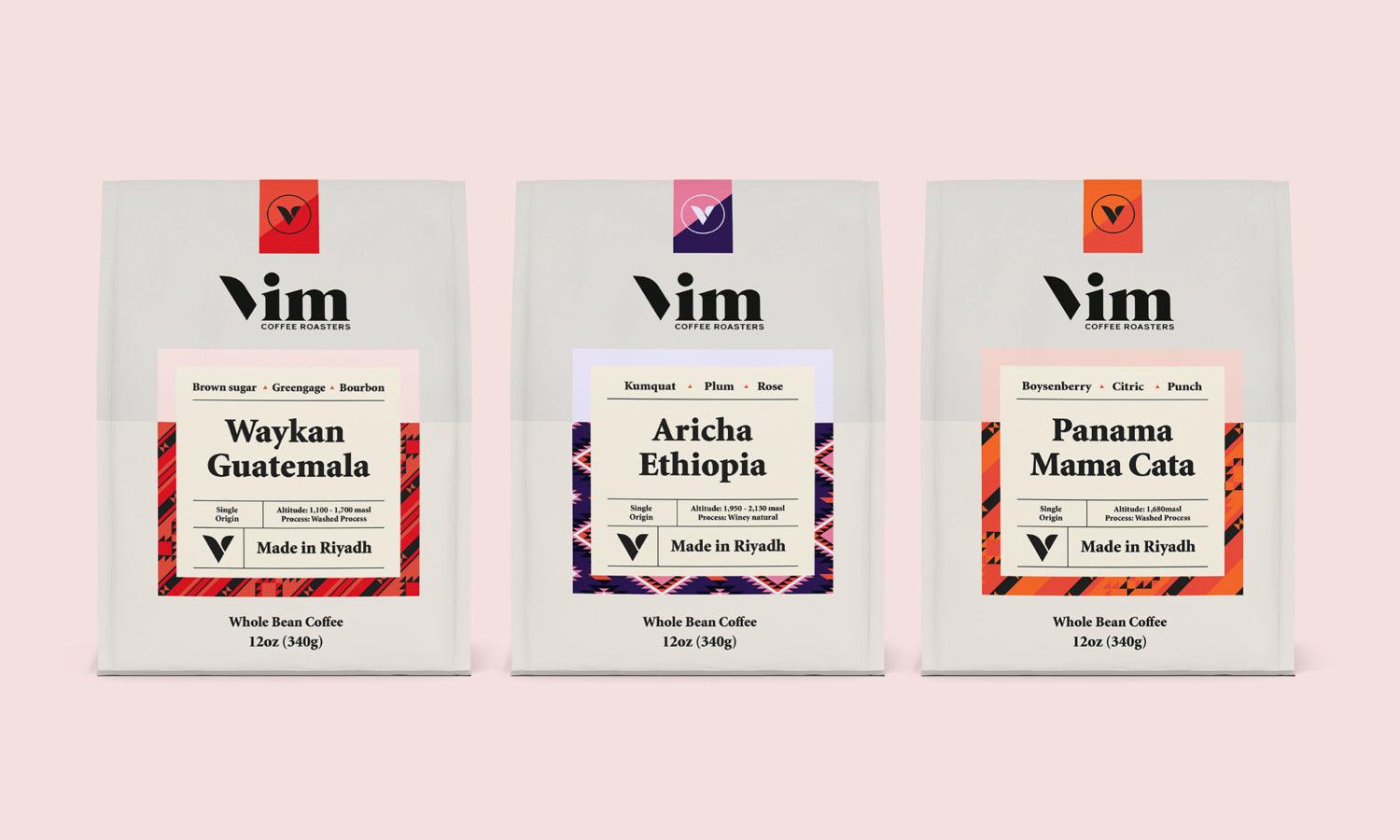What Makes Wood-Looking Tile the Best Alternative to Hardwood Floors?

Are you struggling to choose between the natural warmth of hardwood and the practicality of tile? Many homeowners face the same dilemma: wanting the elegance of wood floors but being concerned about their durability and maintenance in high-traffic or moisture-prone rooms.
Enter wood-look tile—a perfect solution that combines the rich, authentic beauty of hardwood with the durability and low-maintenance benefits of tile.
In this blog, we’ll dive into why wood-look tile is becoming the top choice for blending style and practicality in modern home designs.
Durability: Surpassing Hardwood's Vulnerability
When it comes to durability, wood-looking tile offers a significant advantage over traditional hardwood, which is prone to scratches, dents, and moisture damage. With its robust composition, wood-looking tile provides a resilient flooring option that maintains its beauty even in high-traffic areas or humid environments.
Scratch and dent-resistant
Wood-look tile offers exceptional resistance to everyday wear and tear. Unlike hardwood, which can easily scratch or dent, wood-look tile resists:
- High foot traffic
- Pet claws
- Dropped objects
- Moving furniture
This durability makes it perfect for busy households, ensuring your floors look great for years.
Moisture-Resistant Marvel
Hardwood is vulnerable to moisture damage, while wood-look tile thrives in wet environments, making it an excellent choice forr:
- Kitchens
- Bathrooms
- Basements
- Entryways
With wood-look tile, you get beauty and resilience, even in moisture-prone areas.
High-End Look Without the High-End Price
While the initial cost of wood-look tile may be comparable to some hardwood options, the long-term savings are where it truly shines. wood looking tile is generally more affordable than high-end hardwood, offering the same luxurious aesthetic at a lower price. Installation can also be more cost-effective, particularly for larger areas.
The true value, however, lies in the long-term savings, including reduced maintenance costs, no need for refinishing or frequent repairs, and the longevity of tile, which can last for decades without replacement. Additionally, its excellent heat conduction can lead to lower energy bills, making wood-look tile an unbeatable combination of style and savings for homeowners looking to maximize their investment.
Low Maintenance: Simplified Care Routine
Wood-looking tile requires minimal upkeep compared to hardwood, which often needs regular polishing and special cleaning products. With its stain-resistant and easy-to-clean surface, this flooring option ensures a hassle-free maintenance routine that saves time and effort.
Effortless Cleaning
Maintaining wood-look tile is simple and hassle-free:
- Regular sweeping or vacuuming to remove dust and debris.
- Occasional mopping with a damp cloth or mop.
- No need for special cleaners or treatments.
No Refinishing Needed
Unlike hardwood, which requires refinishing every 5-10 years, wood-look tile retains its appearance without:
- Sanding
- Staining
- Sealing
This not only saves you money but also spares you the hassle of disruptive floor maintenance.
Endless Options to Match Any Interior Style
The wood-look tile can be made to work for nearly any design you want to achieve in your home. There are lots of different styles in which to choose colors, from light oak to dark walnut, and textured looks, like smooth, hand-scraped, and distressed finishes. Sizes range from traditional planks to oversized tiles, giving you even more flexibility.
Unlike hardwood, tile means you can install in creative patterns like herringbone, chevron, or mixed-width planks to enable you to create a customized look. You can also install wood-look tile throughout your home without interruption, even in moist areas where you couldn't install real wood, creating the kind of cohesive flow from room to room that makes a space beautiful.
Eco-Friendly Appeal: A Sustainable Flooring Solution
But for the eco-minded homeowner, there are some serious advantages to wood-look tile over traditional hardwood: much easier on the environment because no trees are cut down for its production. Also, it tends to last rather long, meaning fewer replacements and less waste in landfills. Many wood-look tiles are also made up of recycled materials, further adding to their sustainability factor.
Additionally, wood-look tile contributes to improved indoor air quality. Unlike some hardwood floors that may emit volatile organic compounds (VOCs), wood-look tile is low in VOCs, resistant to mold and mildew, and easy to clean without harsh chemicals. By choosing wood-look tile, you're making a smart, eco-friendly choice for both your home and the planet.
The Ideal Solution for Any Climate
This is where hardwood falls short, while wood-look tile truly excels and perhaps is a better option for a home in many varied climates. Its superior resistance against moisture means it will not warp, swell, or rot with humidity, spills, and even flooding. This is very suitable for homes that tend to have a coastal climate or have highly humid areas.
Wood-look tile also offers exceptional temperature stability. Unlike hardwood, it doesn’t expand or contract with changing temperatures, ensuring long-lasting durability. It’s also compatible with radiant heating, efficiently conducting warmth during the winter while staying cool in summer to help maintain a comfortable indoor environment. Whether in hot, cold, or variable climates, wood-look tile delivers consistent performance year-round.
Longevity: A Flooring Investment Built to Last
Opt for wood-look tile, and you're investing in a truly long-lasting floor. Well-maintained tile wood look can last 50 years or more, making it substantially longer than the average life of most hardwood floors. Its durability translates to fewer replacements throughout your home's lifespan, a consistent appearance for decades, and a better return on investment.
Additionally, most manufacturers provide very respectable warranties for the wood-look tile, usually above and beyond what most hardwood flooring is offered, and this can further protect your long-term investment.
Wood-Looking Tile vs Hardwood Flooring
Choosing between wood-looking tile and hardwood flooring involves weighing various factors such as aesthetics, durability, and maintenance needs. Understanding the key differences can help you determine which option best suits your lifestyle, budget, and design preferences.
|
Feature |
Wood-Looking Tile |
Hardwood Flooring |
|
Durability |
Highly resistant to scratches, dents, and wear |
Susceptible to scratches and dents |
|
Water Resistance |
Excellent; suitable for bathrooms and kitchens |
Poor; can warp or rot when exposed to moisture |
|
Maintenance |
Low; regular sweeping and occasional mopping |
High; requires periodic refinishing and special care |
|
Cost |
Generally lower, especially for high-end looks |
Can be expensive, particularly for premium wood types |
|
Lifespan |
50+ years with proper care |
20-30 years before major refinishing or replacement |
|
Design Options |
Wide variety of colors, textures, and sizes |
Limited to available wood species and stains |
|
Eco-Friendliness |
No trees harvested, often uses recycled materials |
Requires harvesting of trees, but can be sustainable |
|
Installation |
Can be DIY, but professional installation recommended |
Often requires professional installation |
|
Radiant Heating Compatibility |
Excellent heat conductor |
Can warp or separate with temperature changes |
|
Resale Value |
Increasing in popularity and value |
Traditionally high, but can vary with trends |
In this section, we’ll answer common questions about why wood-looking tile is a popular alternative to traditional hardwood flooring. These FAQs will help clarify its benefits, installation process, and how it compares to natural wood in different aspects.
Final Thoughts
Wood-look tile perfectly balances the tug of war-between aesthetic appeal and practicality, which makes it an ideal alternative to traditional hardwood floors. Where the wood struggles hardness and resistance to scratches, moisture, and extreme temperature changes Creo Wood look tile finds its most brilliant moments.
Besides adding cost-effectiveness, low maintenance, and eco-friendliness are qualities that provide long-term value to the homeowner. From adding style to your home or making an ecologically friendly decision, the wood-look tile does it all: form and function.
Frequently Asked Questions (FAQs)
In this section, we’ll answer common questions about why wood-looking tile is a popular alternative to traditional hardwood flooring. These FAQs will help clarify its benefits, installation process, and how it compares to natural wood in different aspects.
Is Wood-Look tile better than Hardwood?
Wood-look tile is often better than hardwood for areas prone to moisture, high traffic, and wear. The durability and lower maintenance make the wood look tile more cost-effective in the long run, especially when set up in challenging environments.
What's the Best Alternative to Hardwood Floors?
Among the great hardwood flooring alternatives is the wood-look tile. This kind of floor can emulate the beauty of wood while having the best durability in resisting moisture, scratches, and fluctuation in temperature, hence perfect for use in any space.
What are the benefits of wood-look tiles?
These include durability, resistance to moisture, ease of maintenance, and being eco-friendly. They offer the aesthetic appeal of hardwood minus the downsides such as warping, refinishing, or being prone to scratches.










